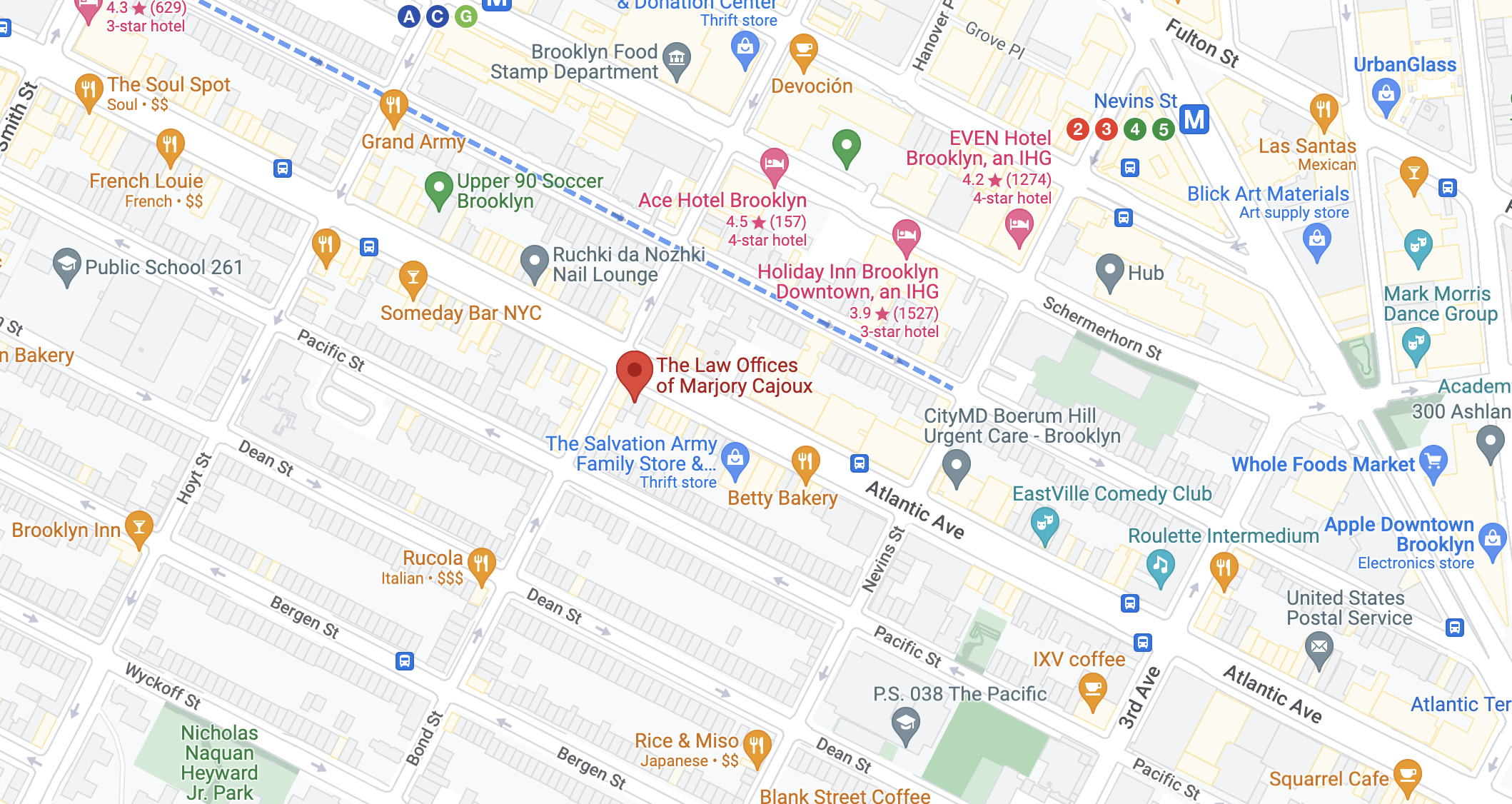You may be planning your end-of-life care and long-term estate plans now, but one thing to keep in mind is that you usually do need to discuss some of these things with your executor and beneficiaries.
Some people don’t like the idea of talking about their estate plans, and that’s reasonable. After all, it’s talking about what will happen when you’re gone and can no longer participate in this life. At the same time, talking about what you want at the end of your life and the inheritances you’re leaving behind, if any, is important.
Why should you tell your kids about their inheritances?
There is one good reason to talk to your children about any inheritances you plan to leave behind, and that is because it helps you clear up any misconceptions now. For example, if you leave an unequal inheritance to your children, you can explain to them why you’ve chosen to do so. For instance, if you leave $50,000 to one child and $150,000 to the other, you could explain that the additional was because of paying for college for one child and not the other or due to other supports you provided in life. You might have a different reason, but clearing the air is important.
If you don’t feel comfortable talking to your children about their inheritances, you could leave a video or other message to them. For example, you might write a letter to your children to be read with the will, or you might leave a video that has you discuss why you chose the options you did. This makes it less likely that anyone will contest your will and wishes so that they can move on and be happy with what they have.
Not everyone is comfortable discussing their estate plans, but an attorney could help
Not everyone wants to talk about their estate plans directly. If you’d like to talk to your kids about their inheritances, you could set up a time to sit down with your attorney as well. Then, you’ll be able to get legal questions answered as well, so everyone is on the same page.





